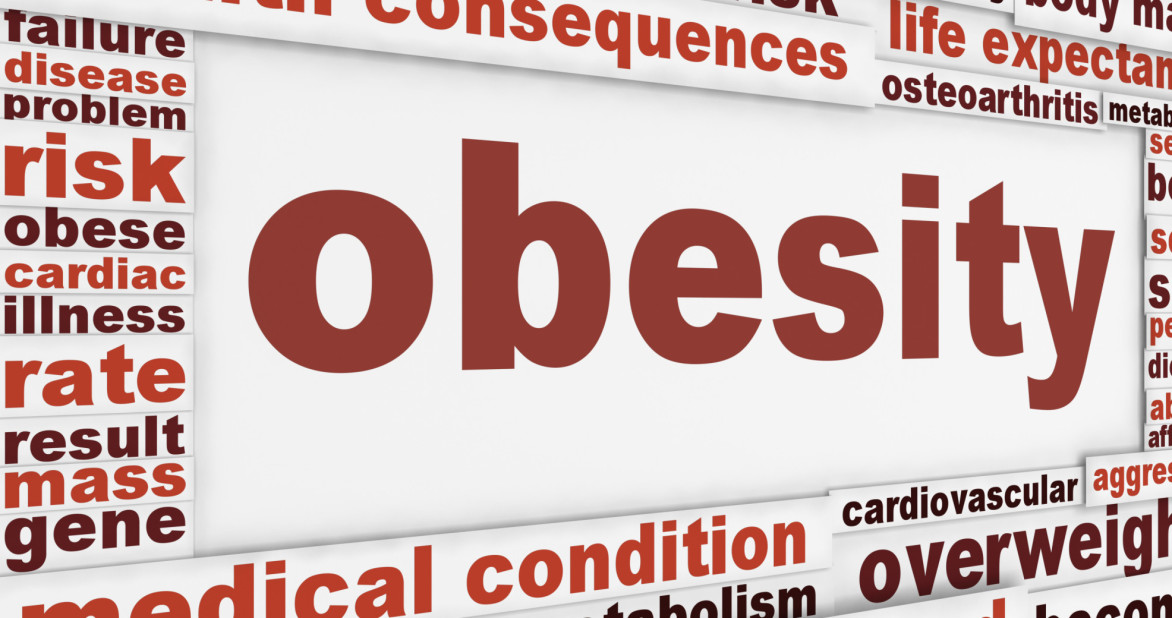Cortisol importance in weight management

Cortisol importance in weight management can not be over looked
Cortisol importance in weight management: The link between cortisol and visceral obesity
The cortisol importance directly effects fat storage and weight gain in stressed individuals. Tissue cortisol concentrations are controlled by a specific enzyme that converts inactive cortisone to active cortisol. This particular enzyme is located in adipose (fat) tissues. Studies with human visceral (fat surrounding the stomach and intestines) and subcutaneous fat tissue have demonstrated that the gene for this enzyme is expressed more by obese conditions. It has also been demonstrated in research that human visceral fat cells have more of these enzymes compared to subcutaneous fat cells. Thus, higher levels of these enzymes in these deep fat cells surrounding the abdomen may lead to obesity due to greater amounts of cortisol being produced at the tissue level. As well, deep abdominal fat has greater blood flow and four times more cortisol receptors compared to subcutaneous fat. This may also increase cortisol’s fat accumulating and fat cell size enlarging effect.
The potential link between stress, cortisol and appetite
Animal and human studies have demonstrated that cortisol injections are associated with increased appetite, cravings for sugar, and weight gain. Epel et al. demonstrated that premenopausal women who secreted more cortisol during and after novel laboratory stressors chose to consume more foods high in sugar and fat. It has been thought that cortisol directly influences food consumption by binding to receptors in the brain (specifically, the hypothalamus). This can stimulate an individual to eat food that is high in fat and/or sugar. Cortisol also indirectly influences appetite by regulating other chemicals that are released during stress such as CRH (corticotrophin releasing hormone), leptin, and neuropeptide Y (NPY). High levels of NPY and CRH and reduced levels of leptin have been shown to stimulate appetite.
Cortisol importance in weight management: Harmful health effects associated with stress-induced obesity
Chronic stress can contribute to several harmful physiological events. When body tissues are exposed to high levels of cortisol for extended periods of time, some cellular and tissue alterations may occur. High levels of cortisol cause fat stores and excess circulating fat to be relocated and deposited deep in the abdomen, which left unchecked can develop into or enhance obesity. In addition, hypertension (high blood pressure), hyperlipidemia (elevated lipids), and hyperglycemia (elevated glucose) have been linked to elevated cortisol levels. Individuals with a high waist-to-hip ratio (which identifies visceral obesity) are at a greater risk for developing cardiovascular disease, type II diabetes mellitus, and cerebrovascular disease.
The significance of cortisol in stress management
Finally professionals should ensure that their clients are aware of the links between stress and abdominal obesity. Cortisol is a necessary hormone responsible for fuel regulation and is released while exercising, eating, awakening, and psychosocial stress. However, if there is too much cortisol in circulation, abdominal obesity can develop. This type of central obesity is linked to developing cardiovascular disease, type II diabetes mellitus, and cerebrovascular disease. An effective and regular exercise and stress management program may be key in reducing or preventing stress-induced obesity. That is why you will always benefit more if you constantly consult with doctor Akoury about the cortisol importance in weight management from time to time.
Cortisol importance in weight management: The link between cortisol and visceral obesity
http://www.awaremednetwork.com/












 Weight Loss Wellness Retreat AWAREmed .
Weight Loss Wellness Retreat AWAREmed .


